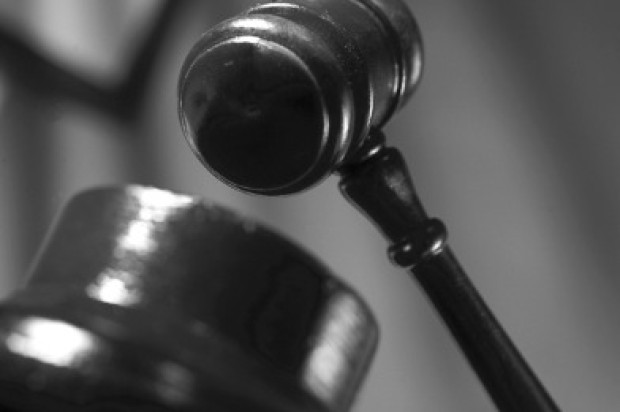
PG&E Co. was ordered by an administrative law judge today to give the city of San Bruno by Jan. 30 almost all of 65,000 emails exchanged between the utility and the state Public Utilities Commission between 2010 and 2014.
San Bruno had asked for release of the messages to determine whether the utility had been seeking an “unfair advantage” through back-channel communications with commissioners and staff in ongoing proceedings.
The city, which sustained a fatal explosion of a PG&E pipeline that killed eight people in 2010, contends that several sets of previously released emails show a cozy and improper relationship between the agency and the utility.
PG&E had already agreed last month to release the full set of emails to the commission by mid-February and had said the agency should develop and manage a process for “open public access” to the messages.
But today’s order by PUC Administrative Law Judge Amy Yip-Kikugawa in San Francisco requires PG&E to provide the messages directly to San Bruno as well as to the commission and moves the deadline to Jan. 30.
PG&E “has not explained why San Bruno must obtain these e-mails from the Commission (after a process has been established), rather than directly from PG&E.
“Indeed, waiting until after the commission receives the e-mails in February unnecessarily delays PG&E’s response to San Bruno’s data request,” the judge wrote.
Yip-Kikugawa is presiding over an administrative proceeding in which PG&E is seeking approval for an increase in rates levied on its Northern and Central California customers to pay for maintaining and modernizing its natural gas pipelines and storage facilities.
The San Francisco-based utility is requesting revenue of $1.29 billion for the first year of the work, which would result in an increase of $5.23 per month for the average residential household.
Yip-Kikugawa has scheduled hearings in the case for February.
PG&E spokesman Keith Stephens said in a statement, “We can all agree that the business of the Commission is the business of the public. We’re committed to doing the right thing and to interacting with our state regulator in a transparent and ethical manner.
“We respectfully urge the CPUC to put in place a clear regulatory model for open public access to communications with all parties,” Stephens said.
San Bruno City Manager Connie Jackson said, “The city is very pleased with the ruling.
“It could shed additional light on what we believe is a too close, inappropriate and potentially illegal relationship between PG&E and its regulator. The city will be reviewing the messages to address issues of our concern,” Jackson said.
Disclosure of the emails began in July, when San Bruno obtained 41 messages through a state Public Records Act lawsuit it had filed against the commission in San Francisco Superior Court.
On Sept. 15, PG&E announced that, in the wake of those disclosures, it had voluntarily searched through the 65,000 messages sent to and from the commission since 2010. It released a total of 24 messages, in two batches on Sept. 15 and Oct. 6, that it said may have violated commission rules banning certain types of private communications.
On Dec. 22, a week after San Bruno asked the commission to order release of all the emails, PG&E released 12 more email chains and announced its plan to provide all the messages to the commission.
Some of the previously released messages were exchanged between PG&E executives and now-retired Commission President Michael Peevey, Peevey’s former chief of staff, Carol Brown, or Commissioner Michel Florio.
A number of those messages concerned improper judge-shopping in the rate case. The commission has imposed a $1.05 million fine and a potential additional multimillion-dollar penalty for the judge-shopping, which PG&E is appealing.
Other messages were internal reports by a now-fired PG&E vice president, Brian Cherry, to his now-fired supervisor on alleged private conversations Cherry had with Peevey, Florio and three former commissioners on pending regulatory matters.
In today’s order, Yip-Kikugawa allowed PG&E to withhold portions of emails it considered confidential, but said San Bruno could challenge PG&E’s determinations.
If San Bruno wants to use any of the messages as evidence in the ongoing rate case, it will have to show they are relevant, the judge said.
Julia Cheever, Bay City News









